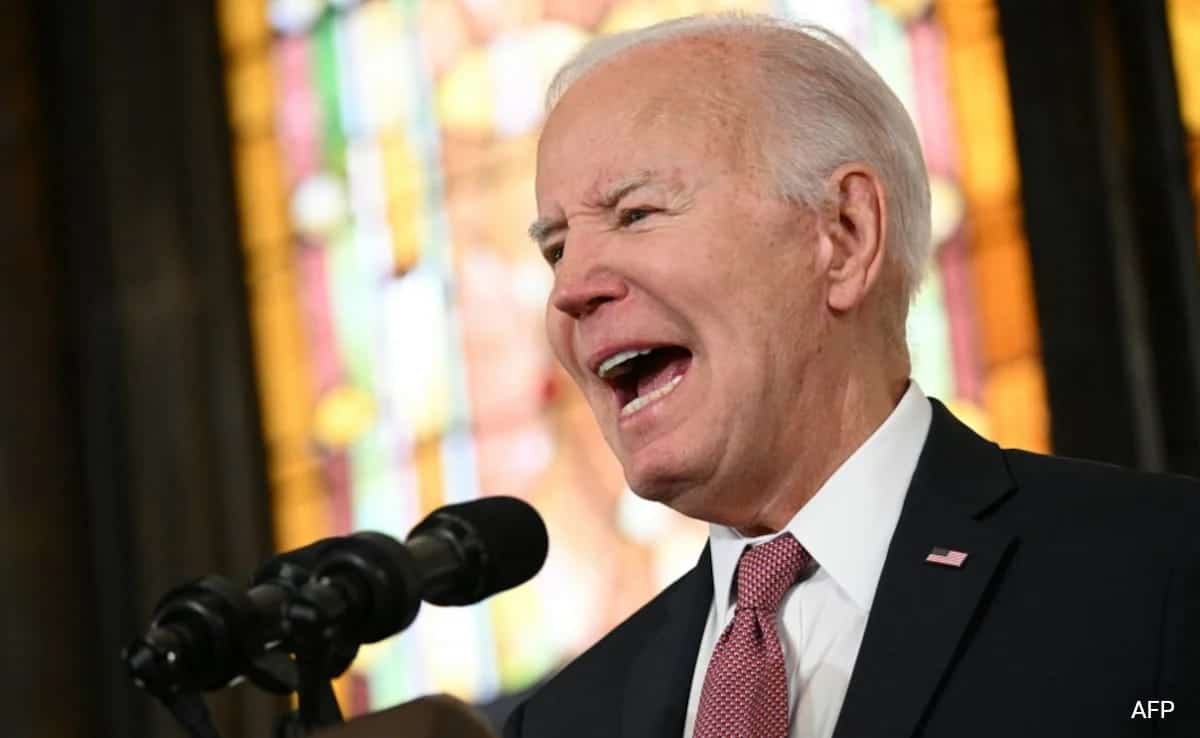Article
Escalation in Yemen: US Continue Launching Strikes Against Houthis

The conflict in Yemen has intensified as the United States continue its military actions against Houthi targets.
The recent strikes come in the wake of a coordinated attack on nearly 30 locations, prompting a series of retaliatory measures and heightening concerns about the region’s stability.
On Friday night, the US carried out additional strikes, targeting a radar facility used by the Houthis. The USS Carney, a guided-missile destroyer, employed Tomahawk land-attack missiles against the Houthi radar site in Yemen.
This follow-up action aimed to address specific targets associated with the preceding night’s operations. The strikes were, however, much smaller in scope compared to the previous coordinated attack.
Initial Strikes
The initial strikes on Thursday were a joint effort by the US and the UK, with support from Canada, Australia, Bahrain, and the Netherlands. The mission targeted 28 separate Houthi sites, focusing on radar facilities, command and control nodes, and facilities used for storing and launching drones, cruise missiles, and ballistic missiles – the primary weapons used by the Houthis to target international shipping lanes in the Red Sea.
The Thursday strikes killed five people and wounded six more, according to a spokesman for the Houthi military.
However, not all major US allies chose to back the strikes inside Yemen.
While Germany, Denmark, New Zealand and South Korea signed a joint statement defending the attacks and warning of further action – Italy, Spain and France chose not to sign or participate, fearing a wider escalation.
Despite international intervention, the Iran-backed Houthi rebels retaliated by launching an anti-ship ballistic missile towards a commercial vessel in the Gulf of Aden.
“This new strike will have a firm, strong and effective response,” Houthi spokesperson Nasruldeen Amer told Al Jazeera, adding there had been no injuries nor “material damages.”
US President Joe Biden expressed determination to respond to the Houthis if they persist in their “outrageous behavior” along with allied forces.
“We will make sure that we respond to the Houthis if they continue this outrageous behavior,” Biden told reporters during a stop in Pennsylvania on Friday.
The US-led strikes were a response to the Houthi’s campaign of attacks on ships in the Red Sea, which had escalated in recent weeks.
Since November, the rebels have repeatedly targeted ships in the Red Sea to avenge Israel’s bombardment in Gaza against Hamas. But the group has frequently targeted vessels with tenuous or no clear links to Israel, imperiling shipping in a key route for global trade and energy shipments.
“Everything we’re doing, everything we’re trying to do is to prevent any further escalation,” John Kirby, strategic communications coordinator for the National Security Council, told CNN Friday.
The Red Sea crisis is another conflict in the Middle East since Hamas attacked southern Israel on Oct. 7, killing 1,2000 people and seizing 240 hostages.
Israel has responded by bombing Gaza and killing 23,843 Palestinians.
Calls for Restraint
As tensions escalate, the UN’s special envoy for Yemen, Hans Grundberg, called for maximum restraint from all involved parties. The situation in the region has become increasingly precarious, raising concerns about the potential spillover of the conflict.
“The special envoy stresses the critical need at this time to protect Yemeni civilians and to maintain the momentum of the peace process that has been slowly progressing over the past year,” the statement read.
The conflict in Yemen, coupled with the broader Middle East tensions and the Israel-Hamas war, presents a complex challenge for diplomatic efforts to maintain stability and prevent further escalation.
Russia’s U.N. Ambassador Vassily Nebenzia said that the U.S. and Britain “single-handedly triggered a spillover of the conflict (in Gaza) to the entire region.”
Iranian Foreign Minister Hossein Amirabdollahian said the White House could “restore security across the region” by stopping its “all-out military and security cooperation” with Israel.
In 2021, Biden’s administration removed Houthis from a State Department list of “foreign terrorist organizations.”
But Biden has now said that he thinks they are a terrorist organization. The White House reiterated it was reviewing a terror designation for the Houthis.
Houthi attacks have forced commercial ships to take a longer, costlier route around Africa, creating concern about inflation and supply chain disruption.

